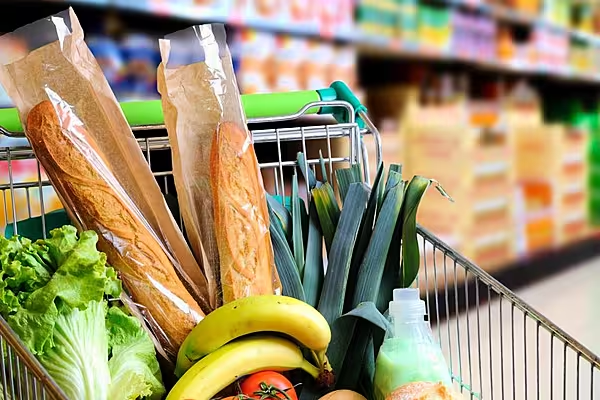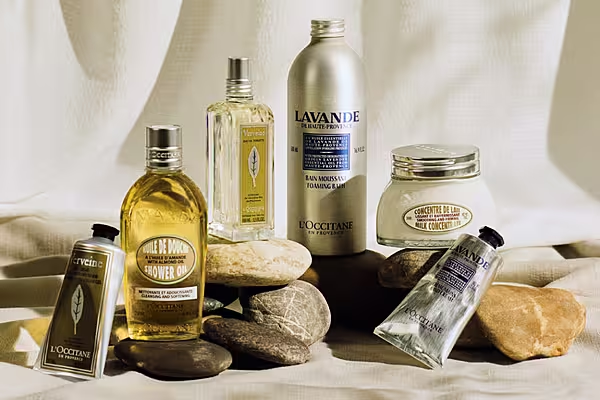German group Henkel announced plans on Thursday to sell or discontinue some brands in its consumer businesses by 2021 while looking for acquisition opportunities as it seeks to turn around its fortunes after a string of profit warnings.
Carsten Knobel, Henkel's former finance chief who took over as chief executive in January said that "active portfolio management" would be a key element in his new strategy.
Admitting in a webcast presentation that the maker of Persil detergent had put too much focus on cost cutting and executives had "sugar-coated" results Knobel said "we need a new gameplan".
New finance chief Marco Swoboda, who also took over in January, said the coronavirus could cut first-quarter sales by €100 million ($111.56 million), but added the full-year guidance was unchanged based on its current assumptions.
Henkel said it had identified brands and categories with a total sales volume of more than €1 billion, mainly in its consumer units, of which around 50% were marked to be divested or discontinued by 2021.
The consumer units - beauty, laundry and home care - made combined sales of €10.5 billion in 2019.
Acquisitions would remain an integral part of Henkel's strategy, as it aims to expand its technology leadership in adhesives and look for consumer brands that would strengthen its position in its top markets and categories.
Reuters has reported that Henkel is vying with Unilever and buyout funds including Advent and Cinven for some of Coty's top beauty brands including professional haircare products like Wella, in a deal worth up to $7 billion.
If successful, Henkel could strengthen its position in salon haircare, where its Schwarzkopf brand already makes it the third biggest player globally.
Radical Steps
Analysts have suggested Henkel should consider selling or spinning off its struggling beauty unit, but the founding family, which owns around 60% of the company's voting shares, has long been seen as resistant to take such a radical step.
The beauty business, which also makes Dial soap, posted a 2.1% fall in organic sales in 2019.
Henkel shares were down 2.6% at 0947 GMT.
Knobel noted on Thursday that the company's beauty business is underrepresented in high-growth markets and categories, with a tail of sub-scale brands. Henkel also wants to strengthen its core brands with innovations and more marketing.
It said it would increase spending on advertising, digital and technology by €350 million in 2020 compared to 2018.
The adhesives unit, which accounts for half Henkel's sales, said sales fell 1.5% in 2019, hurt by the declining automotive and electronics sectors.
By contrast, Henkel's laundry and home care unit, which competes with Procter & Gamble brands like Tide, saw organic sales growth rise 3.7% in 2019 after it relaunched Persil detergent and offered more online-friendly products.
However, Knobel said it also has sub-scale brands in this business too and it needed to turn around in North America.
Henkel set a medium term ambition for organic sales growth of 2-4%, after it predicted just 0-2% for 2020, and for mid-to-high single-digit growth for its adjusted earnings per preferred share.
Henkel noted that China was its third-largest market in terms of sales and profit and said the coronavirus was affecting business there, and increasingly spreading globally, although all 12 of its production plans in China were in operation.
News by Reuters, edited by Donna Ahern Checkout. Click subscribe to sign up for the Checkout print edition.









